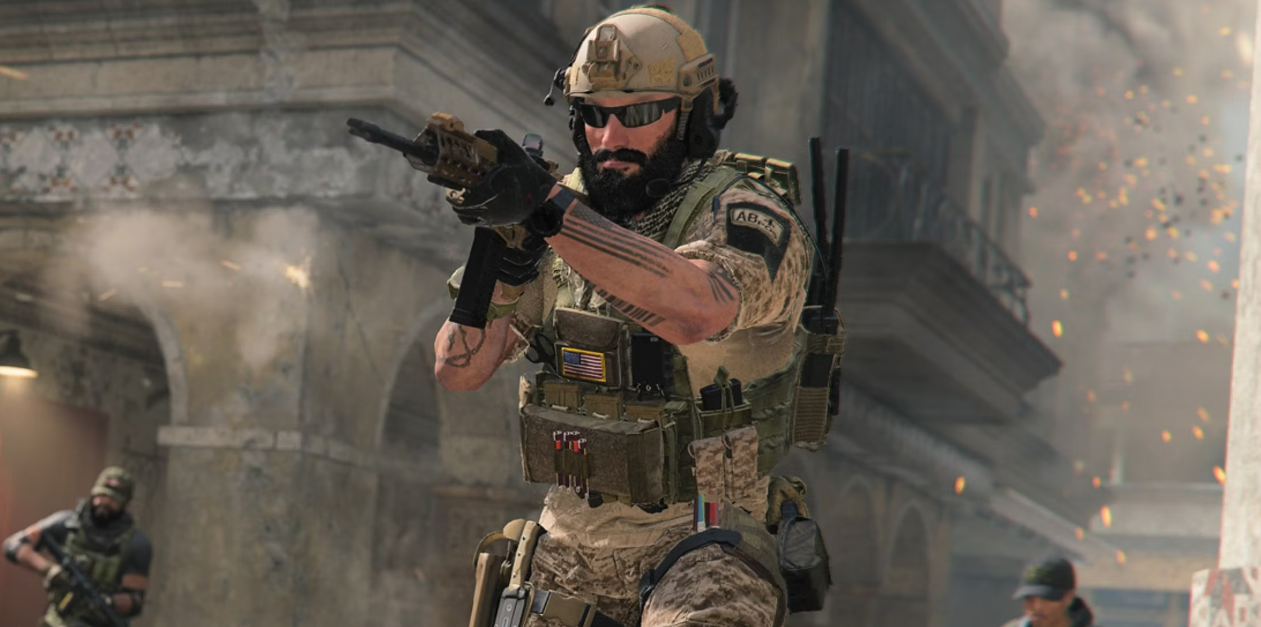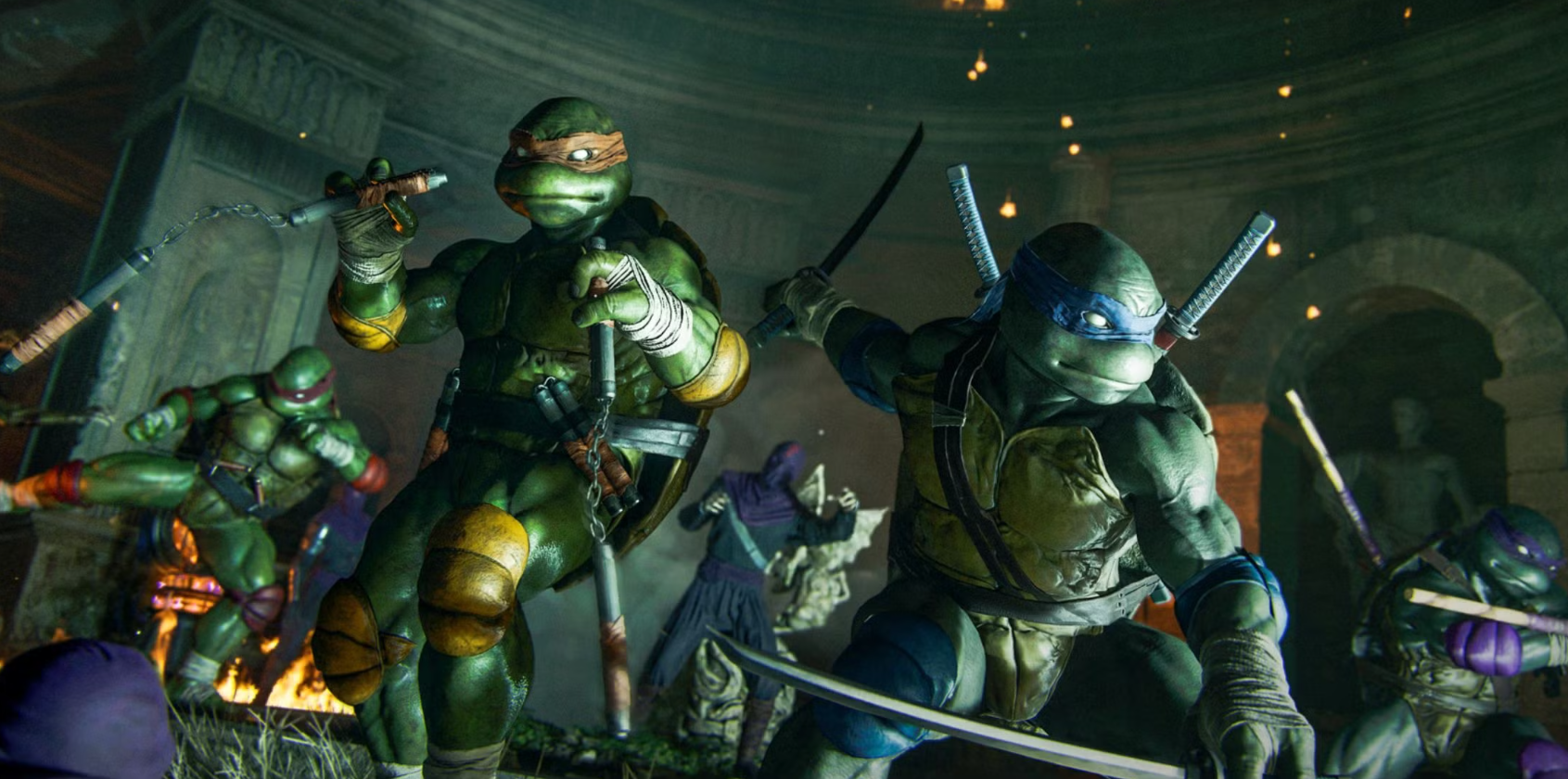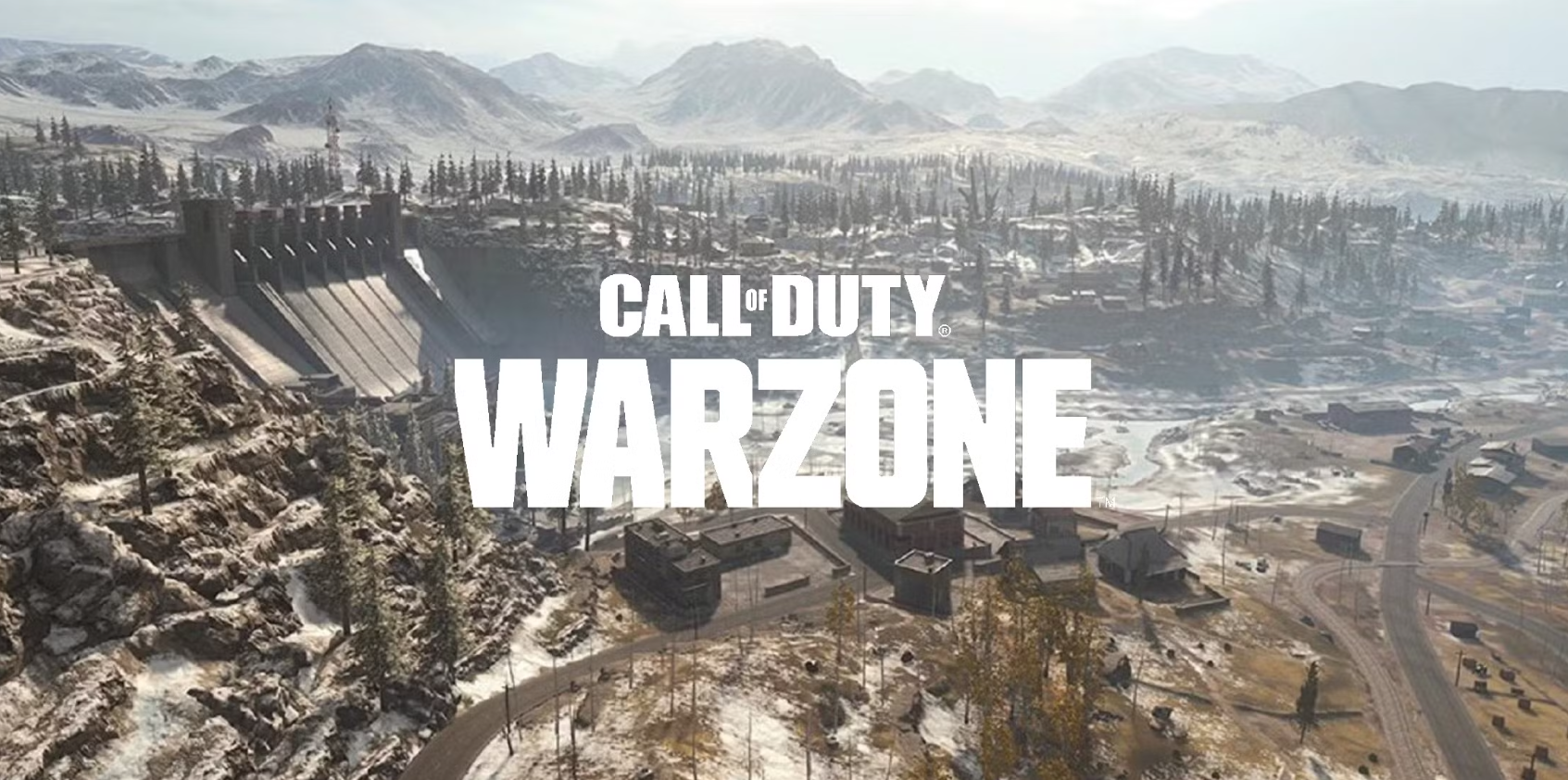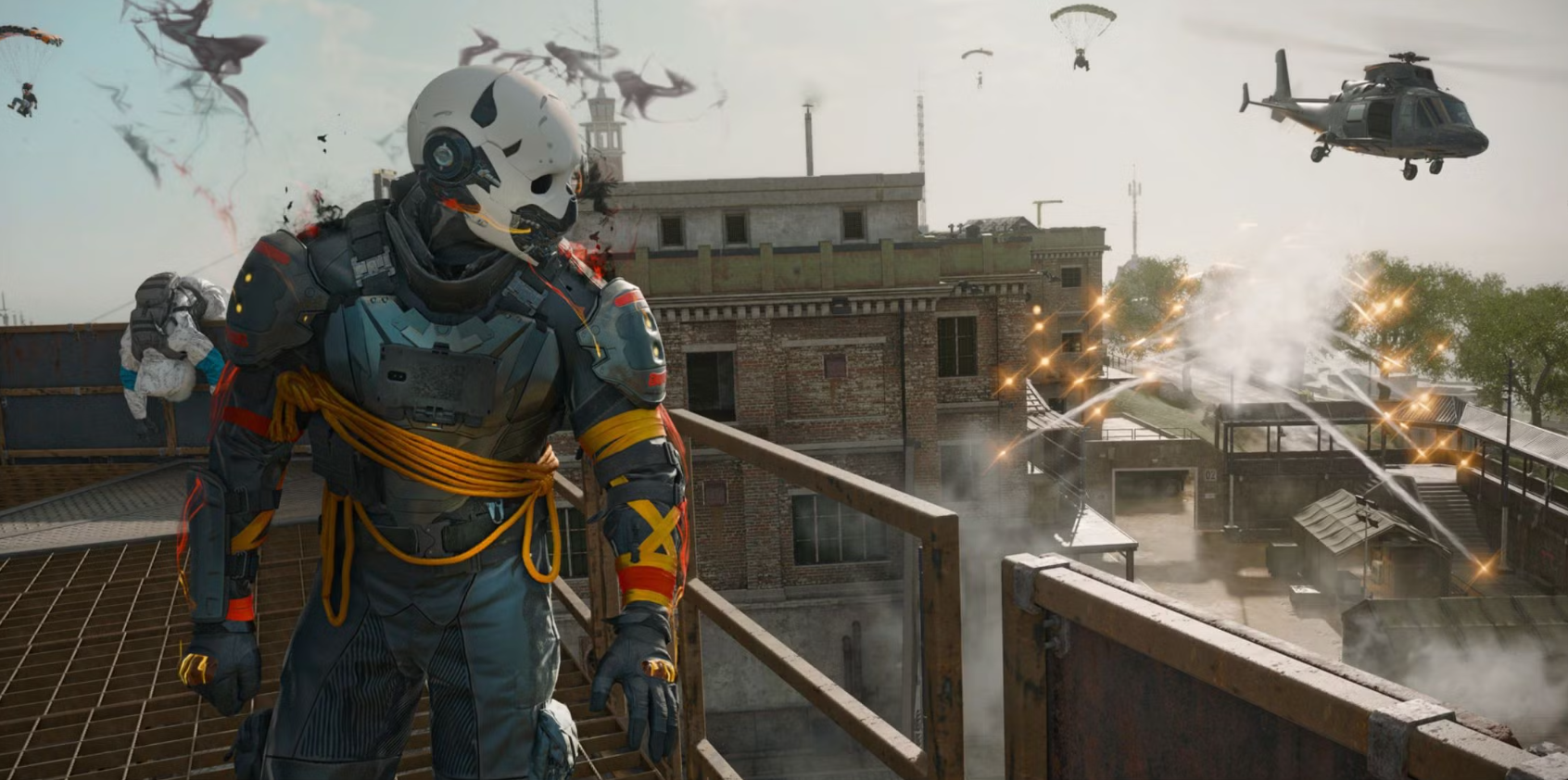Activision Faces Backlash over AI-Crafted Call of Duty Cosmetic Items

The video game giant Activision has found itself embroiled in controversy after reportedly selling an in-game cosmetic item for Call of Duty: Modern Warfare 3 that was created using generative artificial intelligence (AI). This development has sparked a wider debate within the gaming industry about the role and ethics of leveraging generative AI technologies in game development. While some have touted the potential for AI to serve as a creative assistant, enhancing and accelerating game content production, others have raised concerns over the derivative nature of AI-generated content. Generative AI systems often combine and remix existing artistic elements, rather than producing wholly original work. This has led to questions about the authenticity and ownership of such content, as well as potential legal and ethical implications for game developers and the broader creative community.
As the industry navigates this emerging frontier, Activision’s decision to monetize an AI-crafted in-game item has put the company under intense scrutiny. The controversy highlights the need for clear guidelines and best practices around the responsible utilization of generative AI in game development – a discussion that is likely to continue as this technology becomes increasingly prevalent. The issue has struck a nerve with game developers and players alike, who have expressed concerns over the potential for AI-generated content to devalue the work of human artists and designers. Some have argued that the use of generative AI in game development could lead to a homogenization of visual styles and a loss of creative diversity, as publishers seek to maximize efficiency and cut costs. Others, however, have defended the use of AI as a tool that can enhance and complement the work of human creators, rather than replace them. Proponents argue that generative AI can be used to generate initial concepts, freeing up designers to focus on refinement and iteration, or to procedurally generate vast amounts of in-game assets and environmental elements.
Ultimately, the debate surrounding the use of AI in game development is likely to continue, as the industry grapples with the evolving technological landscape and the need to balance innovation with ethical considerations. As Activision’s case demonstrates, the decisions made by game studios on this issue can have significant ramifications, both in terms of public perception and the broader creative ecosystem.
Table of Contents
The Looming Impact of Generative AI on the Games Industry
The rapid progress of generative AI poses a significant threat to the jobs of artists, designers, software engineers, and other creative professionals across the games industry. This emerging technology has the potential to automate and streamline content creation, raising concerns about its impact on the livelihoods of human creators. These concerns have sparked a great deal of consternation over implementing generative AI as a foundational tool for game development. Many studios and publishers remain on the fence about the prospect, wary of the ethical and practical implications of relying on AI-generated content. However, it appears that one of the biggest companies in the industry, Activision, may have already taken the leap. According to a recent report from Wired, the publisher “made an AI-generated cosmetic available for purchase” in Call of Duty: Modern Warfare 3’s in-game store. The report does not specify which exact cosmetic item was AI-generated, but states that it was part of the Yokai’s Wrath bundle released in December 2023. This bundle includes an Operator skin, weapon blueprint, calling card, weapon sticker, and a loading screen – leaving open the possibility that multiple elements within it could have been created using generative AI technology.
This revelation has further fueled the ongoing debate about the ethical implications of leveraging AI in game development. While some may see it as a means of increasing efficiency and creativity, others fear that it could lead to the erosion of human-crafted artistic expression and the devaluation of the work of dedicated artists and designers. As the games industry grapples with this emerging technology, the Activision case serves as a cautionary tale. It highlights the need for clear guidelines, transparent communication, and a commitment to upholding the integrity of the creative process. The decisions made by industry leaders on this issue will have far-reaching consequences, not only for the future of game development but for the livelihoods of the talented individuals who have long been the driving force behind the medium. The debate surrounding the use of generative AI in game development is multifaceted and complex. On one hand, proponents argue that the technology can be a powerful tool for enhancing and accelerating the creative process. By automating certain tasks, such as asset generation or environmental design, AI could free up human creators to focus on higher-level conceptualization and refinement. This could lead to increased productivity, faster iteration, and the ability to generate a greater volume of content.
Moreover, some believe that generative AI could foster new forms of creative expression and serendipitous discoveries. By combining existing elements in novel ways, the technology may inspire artists and designers to explore unexpected directions, potentially leading to innovative and unique game experiences. However, the detractors of AI-generated content in games argue that it fundamentally undermines the authenticity and value of human-crafted art. They contend that the derivative nature of generative AI, which relies on remixing and recombining existing assets, erodes the originality and personal expression that are hallmarks of great game design. There are also concerns about the potential for AI-generated content to homogenize the industry, as publishers and developers seek to maximize efficiency and cut costs. This could lead to a loss of creative diversity, as games start to feel more uniform and indistinguishable from one another. Furthermore, the legal and ethical implications of using AI-generated content in commercial products are still largely uncharted territory. Questions of ownership, intellectual property rights, and the attribution of creative work remain unanswered, creating uncertainty and potential legal risks for game studios. As the industry navigates these complex issues, the decisions made by companies like Activision will have significant ramifications. The Yokai’s Wrath bundle controversy has already sparked a heated discussion within the gaming community, with many players and developers expressing concerns about the potential for AI to erode the artistry and craftsmanship that have long been the hallmarks of the medium.
Going forward, it will be crucial for the games industry to establish clear guidelines and best practices for the responsible use of generative AI. This may involve developing transparent processes for disclosing the use of AI-generated content, ensuring fair compensation for human artists, and implementing robust quality assurance measures to maintain the integrity of the creative process. Additionally, the industry should consider the broader societal implications of AI-driven content creation. As the technology becomes more advanced and accessible, it could have far-reaching consequences for the livelihoods of creative professionals not only in the games industry, but across a wide range of creative fields. The games industry has a responsibility to lead by example and set a precedent for the ethical and equitable use of generative AI. By embracing this challenge and engaging in open and honest dialogue with stakeholders, the industry can help shape the future of creative work in the digital age and ensure that the magic of game development remains firmly in the hands of human creators.
Activision Reportedly Pushing for More Generative AI Use in Game Art Development
The recent revelations surrounding Activision’s use of generative AI in the development of the Yokai’s Wrath cosmetic bundle for Call of Duty: Modern Warfare 3 have ignited a firestorm of controversy within the gaming community. The bundle, priced at 1,500 COD Points (equivalent to $15 USD), was apparently offered without any disclosure or transparency regarding the potential use of AI-generated assets, a concerning lack of transparency that denies players the ability to make informed decisions about the content they are purchasing. This issue extends far beyond the Yokai’s Wrath bundle, as an anonymous Activision artist interviewed by Wired has revealed that the company’s reliance on generative AI has led to the dismissal of numerous 2D artists as part of Microsoft’s broader layoffs in January 2024. The remaining artists have allegedly been “forced” to utilize AI tools to supplement their work, with employees reportedly “made” to undergo AI training as Activision actively promotes the technology across various levels of the business. The implications of this shift towards AI-driven content creation are far-reaching and deeply concerning for the future of the games industry. The fear of generative AI replacing human creative professionals has long been a pressing issue, and Activision’s actions appear to be a stark manifestation of this troubling trend.
Companies like Square Enix have recognized the potential pitfalls of relying too heavily on generative AI and have taken steps to mitigate its impact, acknowledging the need to preserve the human element in creative processes. Activision’s apparent disregard for the human toll of this technological shift, however, raises serious questions about the broader ethical considerations at play. The games industry has long been a bastion of human creativity and artistic expression, with developers and designers pouring their passion, expertise, and unique perspectives into the creation of immersive and engaging experiences. The prospect of this creative process being increasingly dominated by AI-generated content undermines the very foundations of the medium, potentially leading to a homogenization of game design and a devaluation of the unique talents and contributions of human creators.
Moreover, the legal and ethical implications of using AI-generated content in commercial products remain largely uncharted. Issues of ownership, intellectual property rights, and the proper attribution of creative work must be addressed to ensure that human artists are fairly compensated and their contributions are recognized. The games industry must grapple with these complex questions and establish clear guidelines and best practices for the responsible use of generative AI, striking a delicate balance between the benefits of technological innovation and the preservation of human artistry. As the gaming community and the broader creative professional landscape closely monitor the Yokai’s Wrath controversy, it is crucial that Activision and Microsoft engage in transparent and open dialogue. The industry as a whole must come together to address the challenges posed by generative AI, prioritizing the protection of human creativity and the integrity of the development process. Failure to do so risks not only the erosion of the games industry’s creative foundations but also the broader societal implications of AI-driven content creation. The games industry has a unique opportunity to lead the way in navigating these complex ethical issues, setting a precedent that can be applied across a wide range of creative disciplines.
The Yokai’s Wrath controversy serves as a wake-up call for the industry to confront the realities of generative AI and its potential impact on the livelihoods of creative professionals. By embracing this challenge and prioritizing the human element of game development, the industry can ensure that the magic of gaming remains firmly in the hands of those who have dedicated their lives to crafting unforgettable experiences. Ultimately, the games industry must strike a delicate balance between the benefits of technological innovation and the preservation of human creativity. By establishing clear guidelines and best practices for the responsible use of generative AI, the industry can pave the way for a future where human artistry and technological progress coexist in harmony, enriching the gaming landscape and setting a positive example for other creative industries.




